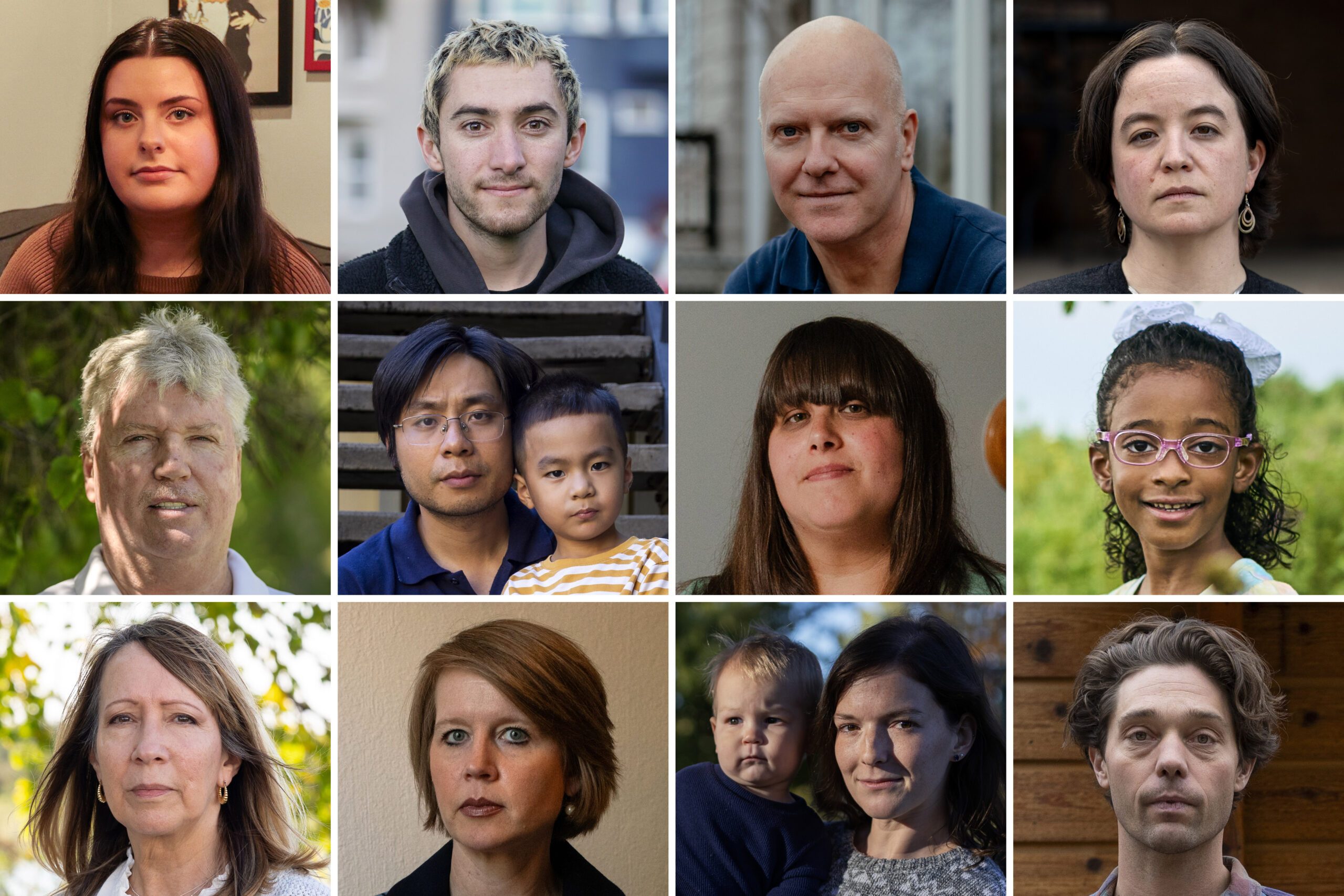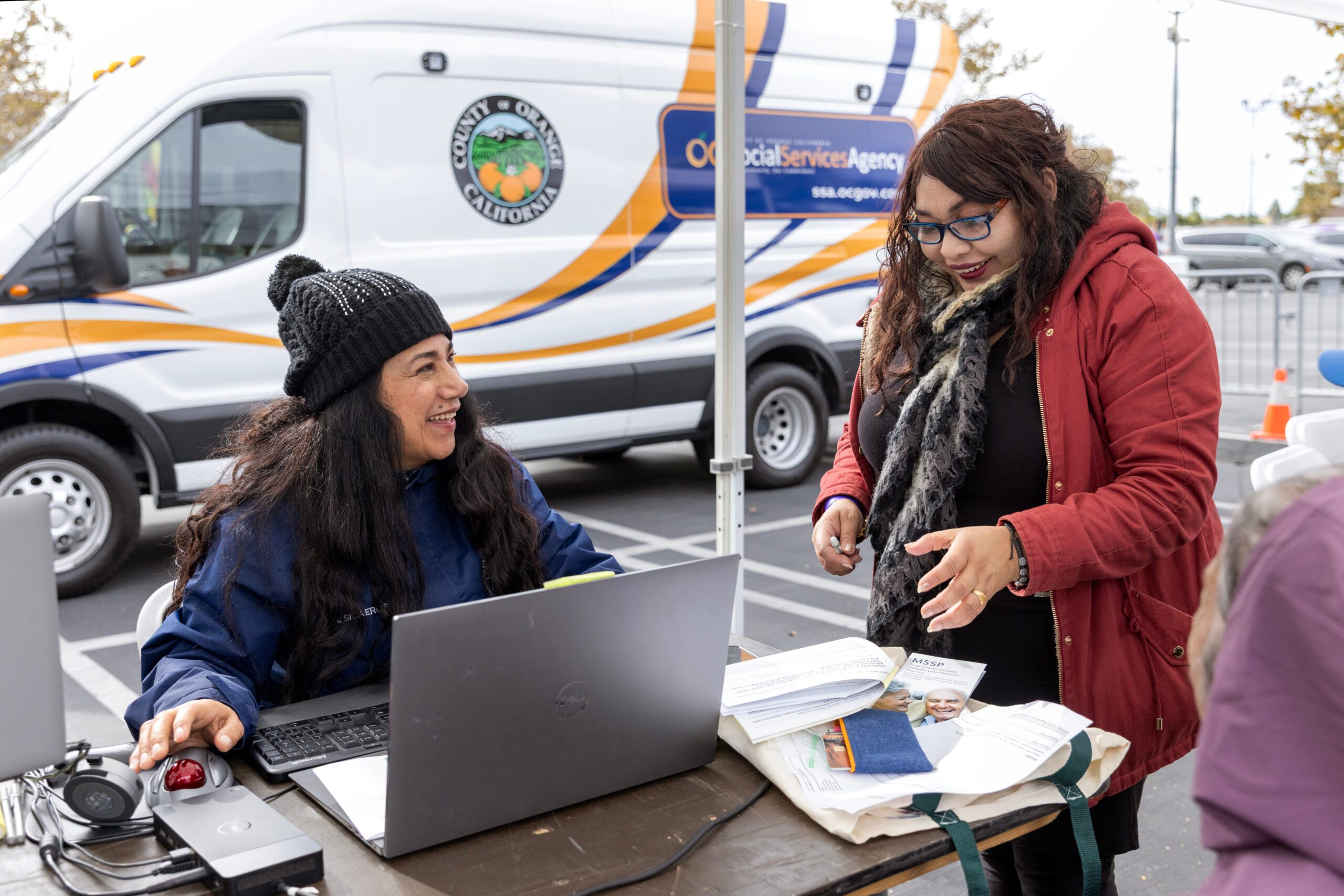Cancer treatments and survivor care require many trips to the hospital. However, when a patient can’t find affordable transportation to get to appointments, they can often forgo needed care. A new study finds that such transportation barriers are more common among cancer survivors than other types of patients.
A team led by researchers from Roswell Park Comprehensive Cancer Center in Buffalo, New York, investigated cancer survivors’ access to public transportation or a personal vehicle, compared with those who do not have a history of cancer. Their findings, published in JAMA Oncology, show that survivors are nearly twice as likely to face barriers, and certain demographics are most apt to deal with it. This can have a cascade of negative impacts.
PHOTO: ADOBE STOCK / FLOWERTIAREDr. Changchuan Jiang, lead author and hematology-oncology fellow in the Department of Medicine at the cancer center, explains, “Missed appointments not only affect the patient’s health but also compromise clinical productivity, causing issues including scheduling delays for other patients and unused clinical resources and staff time. Transportation barriers also prevent patients, especially those from underserved communities, from participating in clinical trials, which could be life-saving.”
To determine how prevalent the issue is, Dr. Jiang worked with scientists from the American Cancer Society and the Icahn School of Medicine at Mount Sinai to examine data from the 2014-2018 National Health Interview Survey. Among the questions posed to the 148,195 participants was whether or not they had postponed medical care in the prior year because they didn’t have transportation. The team then broke down these responses into those of cancer survivors and those without a cancer history, and then further categorized them by age group, sociodemographic factors, and health-care-related factors.
Of the 11,586 survivors, 3.1% reported delaying care because of lack of transportation, compared with 1.8% of those with no cancer history. The survivors most impacted included those who were younger, lower income, uninsured or publicly insured, unmarried, or with functional limitations. Further, they found that publicly insured patients were more apt to face these issues than those without insurance, despite Medicaid’s mandated nonemergency medical transportation coverage.
 PHOTO: ADOBE STOCK / VIACHESLAV LAKOBCHUK
PHOTO: ADOBE STOCK / VIACHESLAV LAKOBCHUK The team says there are some steps providers should take to address the problem.
Dr. Jiang says, “More comprehensive approaches are needed to identify and overcome transportation barriers to care, with consideration of related barriers, including financial limitations and food or housing insecurity. This effort will require the involvement of many different groups, including physicians, nurses, social workers and insurance companies. Overall, overcoming transportation barriers is an essential part of larger efforts to improve healthcare for patients with cancer, and it could be more cost-effective for healthcare facilities and insurance companies to simply provide reliable transportation services for these patients.”
Some cancer centers already offer volunteer driving systems. The American Cancer Society has such a program, as well. Talk to your oncologist to see if there are local transportation options available to you.
 PHOTO: ADOBE STOCK / BNENIN
PHOTO: ADOBE STOCK / BNENIN Provide Mammograms
Support those fighting Breast Cancer at The Breast Cancer Site for free! →
WhizzcoOriginal Article










